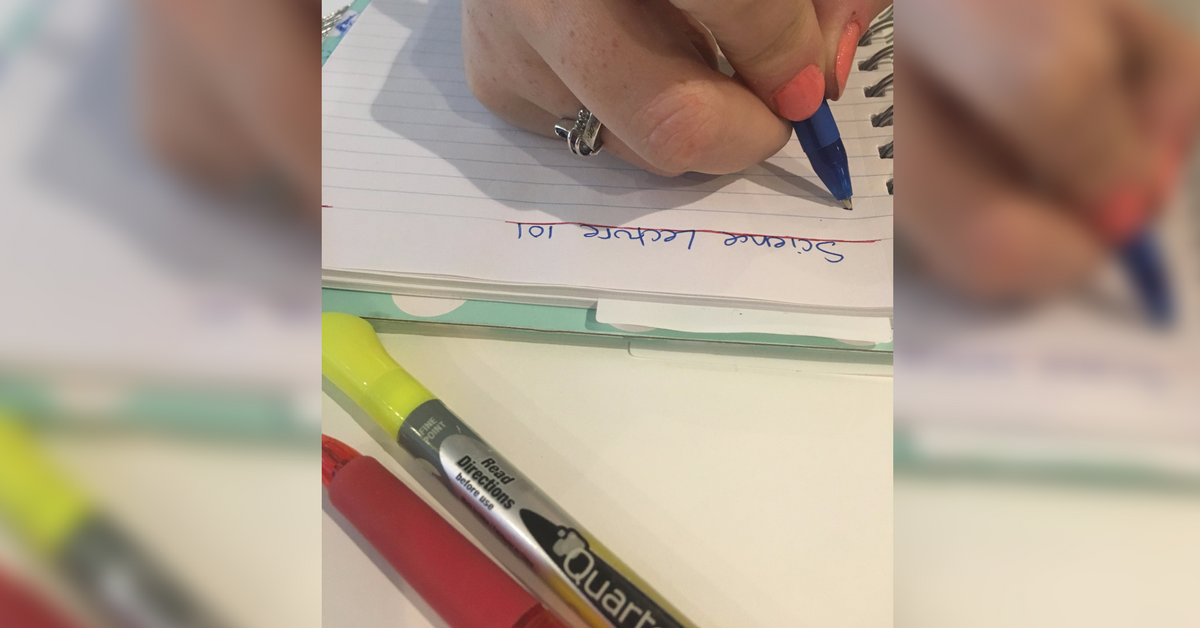Financial stability is something many of us crave, but few successfully achieve. The world we live in can be complicated and unpredictable. Even if you work hard every day, spend carefully, and save as much money as you can, you might still end up struggling financially. While nothing can fully guarantee you’ll never have a money issue to worry about, there are things you can do to make yourself feel safer, more stable, and more confident. Today, we’re looking at three of the easiest ways you can give yourself some much-needed peace of mind when it comes to handling your money.
Know Your Borrowing Options
No matter how much you save and how carefully you manage your budget, there’s always a chance that you’ll need to make a purchase you simply can’t afford. In an ideal world you’d be able to earn the money you need to handle the transaction gradually, by putting cash aside from your monthly income. But there may be moments when you need to act fast and can’t just wait around for your savings account to grow. Getting a loan doesn’t have to be a bad thing. It can be an excellent way to ensure you always have financial resources when you need it most. However, the key to success is understanding your options. It’s important to know the difference between various types of personal loans, credit cards, and other solutions you can use to finance your expenses.
Invest in an Emergency Fund
Saving money is one of the best ways to make sure you’re financially prepared for the times when you need to make fast decisions due to any challenges life might bring your way. However, before you start saving for specific goals, like a new car, or a down payment on a house, you should ensure you have a safety net to protect you from unexpected issues. An emergency fund can help to give you extra support when you need it most. It’s the money you can dip into if you suddenly lose your job or must pay an unexpected bill, without throwing your entire budget off track. The exact amount of money you need in your emergency fund will vary based on a range of factors. However, most experts recommend having at least three months of income set aside, just in case.
Use a Budget Proactively
Finally, one of the easiest and most effective ways to improve your financial stability is to take a strategic approach to spending. This means creating a budget that allows you to allocate the financial resources you have to each part of your life correctly. Make sure your budget covers all your crucial expenses, such as your rent and mortgage, as well as any savings strategies you want to implement. Crucially, be proactive about how you use your budget. Pay attention to your spending strategy over time, and constantly look for ways to cut back on your expenses and increase your savings. The more time you dedicate to monitoring and optimizing your budget, the faster you’ll be able to reach your financial goals.

